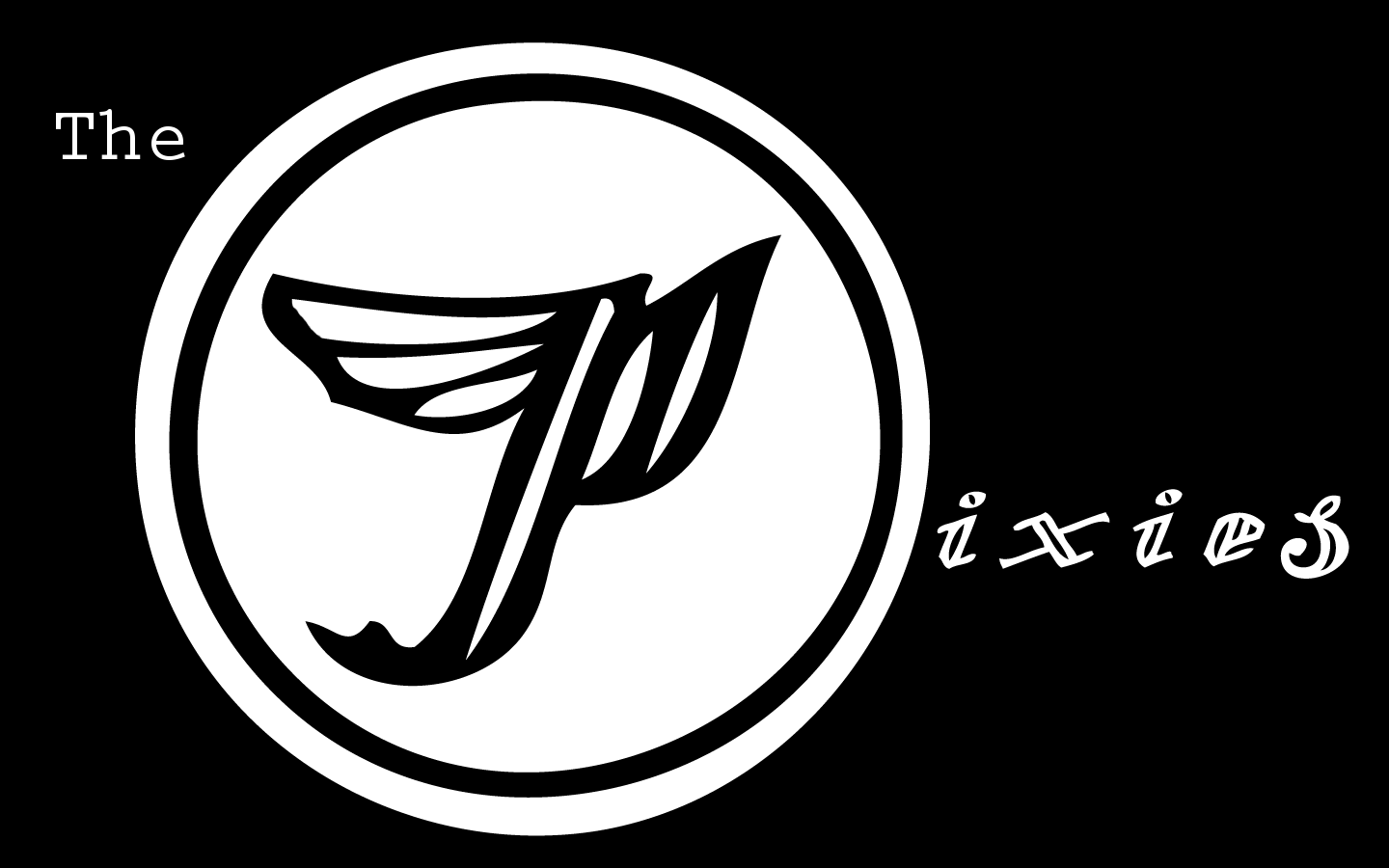 A few weeks back, some coworkers were telling me about a show they were seeing at a local casino. Usually the bands there skewed towards certain sets: there’s Italian crooners, Chinese pop groups and 70’s bands hitting the oldies circuit: Chicago, ZZ Top, that sort of thing.
A few weeks back, some coworkers were telling me about a show they were seeing at a local casino. Usually the bands there skewed towards certain sets: there’s Italian crooners, Chinese pop groups and 70’s bands hitting the oldies circuit: Chicago, ZZ Top, that sort of thing.
So it really caught me by surprise when I heard what show they were seeing: a double bill of The Goo Goo Dolls and Matchbox 20. Shit, I can remember when those guys were all over the radio. And they’re already hitting the casino circuit?
But maybe this happens when a band gets up there. They have a few hits, they build a following and they try to wring whatever they can out of it. Perhaps that’s a cynical take on things, but plenty of bands are content to play the familiar songs their fans want to hear. It’s an easy way out, but it’s also a pretty safe bet.
So we should be happy Frank Black doesn’t like playing things safe.
The Pixies have been around a lot longer than Matchbox 20 or The Goo Goo Dolls. Their first EP, Come On Pilgrim, came out over 25 years ago, back when CDs were a luxury item. Since then the band’s been through a ton, releasing two seminal LPs – including one Pitchfork called the best album of the 1980’s – plus a couple of others that were pretty good and broke up a couple of times for good measure, each time saying it was for good. And usually the split came at the band’s creative axis: Kim Deal and Black.
For better or worse, the band went as they went. Their first few albums had contributions from both and as their creativity began to wane, it came as Black assumed more and more of the songwriting mantle. One could make a good case for 1991’s Trompe Le Monde as Black’s first solo album. When the Pixies got back together, they stuck to their classic canon, although both Black and Deal were writing new material. Just not for this band, I assume because they already knew how well that might go over.
So when we heard the band was recording new material, it shouldn’t have been a huge surprise that Deal was no longer a part of it. And it shouldn’t be a surprise that it doesn’t sound like classic Pixies, either.
In the 80s, Black’s songwriting had a quiet-LOUD-quiet dynamic to it: just think about the jagged shifts on “Tame”. Over the years, he’s mellowed out: see 2007’s Bluefinger. And EP1 shows this side of Black.
The EP opens with “Andro Queen”, mellower than anything associated with Pixies before (although the bridge shows Black still knows his Spanish). It trembling vibe reminds me a lot of Black’s less aggressive, newer music. Opening the EP with this was a bold stroke; it’ll provoke a lot of reaction from people who think charging guitars and screamed vocals when they think Pixies.
Those guitars are back on “Another Toe”, where Black sings about moving forward: “No more waiting for the new day / you gotta swim sometimes!” It’s a showcase for Joey Santiago’s lead guitar, which is soaring all over the track, just like the glory days! I think it’s not just the strongest track on the album, but probably just as good as anything from their last full-length.
“Indie Cindy” is something of a step back: it’s Black shouting a story over the band playing a pretty standard track. Again, Santiago gets to freak out on his guitar, but on the whole it’s nothing too exciting. It’s lacking any punch and the bands not up to it. Maybe Deal would’ve pushed it over the top. It certainly could use a backing vocalist.
Finally, there’s “What Goes Boom”, which answers it’s own question pretty well: Pixies go boom. This is the one that sounds most like their classic hits, shifting between a chugging bass riff to crashing guitars by Black and Santiago.
Overall, EP1 only sounds occasionally like the Pixies everyone wanted to hear. It more sounds like a Black’s recent solo albums, which is what everyone should really expect: it’s not 1989 anymore, so why would anyone think Black’s songs would sound like that?
But that’s part of what’s fueling the backlash to this release: consciously or not, everyone’s comparing it to Doolittle when they really should be thinking a little more recent. Granted, that’s part of the problem when a band everyone loves gets back together and starts making new music: all everyone can think about is how it compares to their old stuff.
For Black, Santiago, et al, I think it pays off. EP1 isn’t perfect, and it’s certainly not a return to form (whatever that would mean), but it shows them as ambitious and engaging. They’re not content to just bash out the favourites night after night; they still have new things to say. It’s gutsy and it’s fueling backlash: Pitchfork threw the EP under the bus, calling it “a minor tragedy”. The naivety of expecting Doolittle pt. 2 is astounding, but I guess you don’t get web traffic for being neutral.
With reviews like that – coming from people who say their love Black’s music, no less – it’s no wonder Matchbox Twenty are on the oldies circuit: there they don’t have to risk their legacy with a 1.0 rating from critics who’ve never heard of context and are out to make themselves known. I’m just glad Black’s got more stones than that. Here’s hoping a full-length is on the horizon.
Rating: 3.14 / 5


